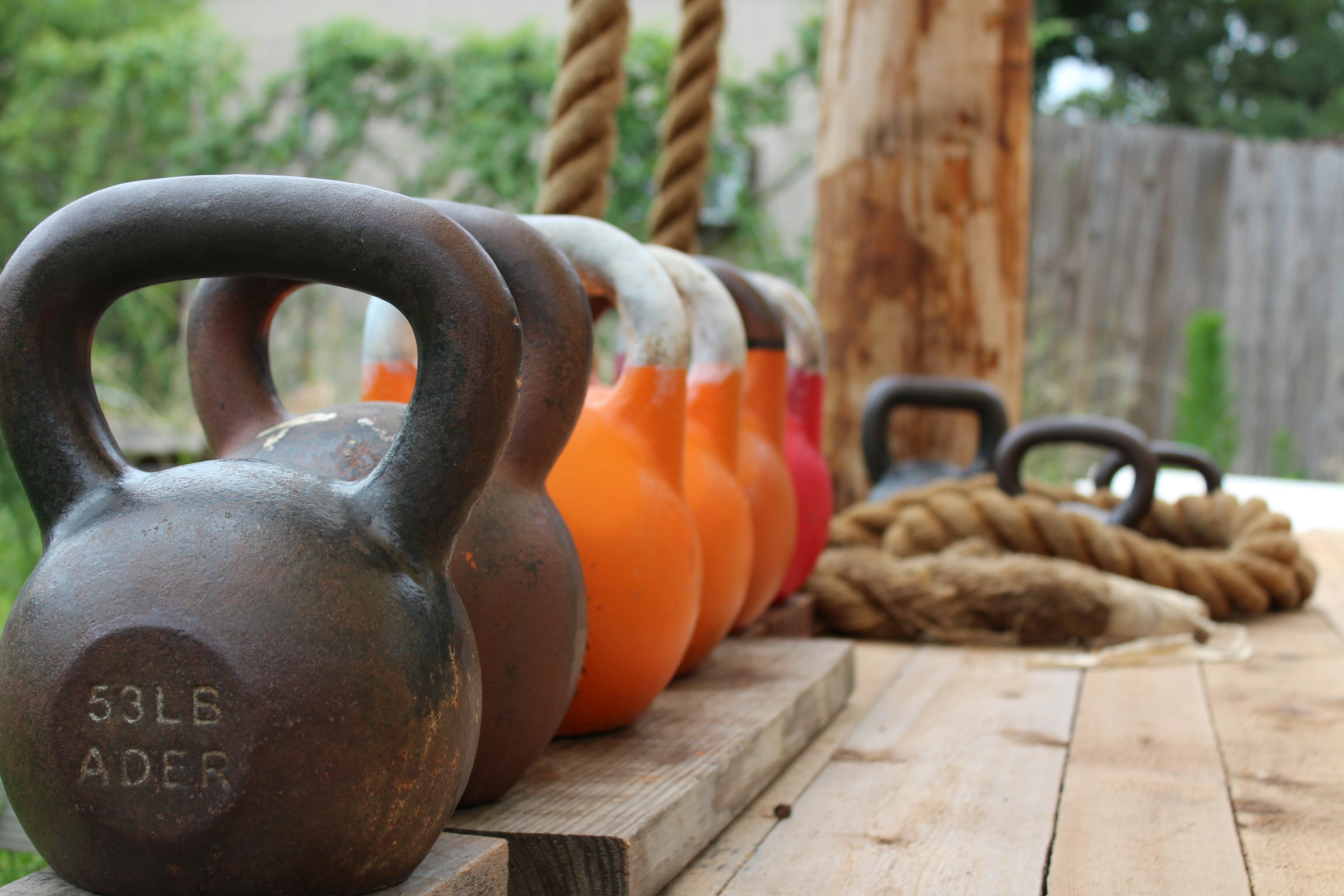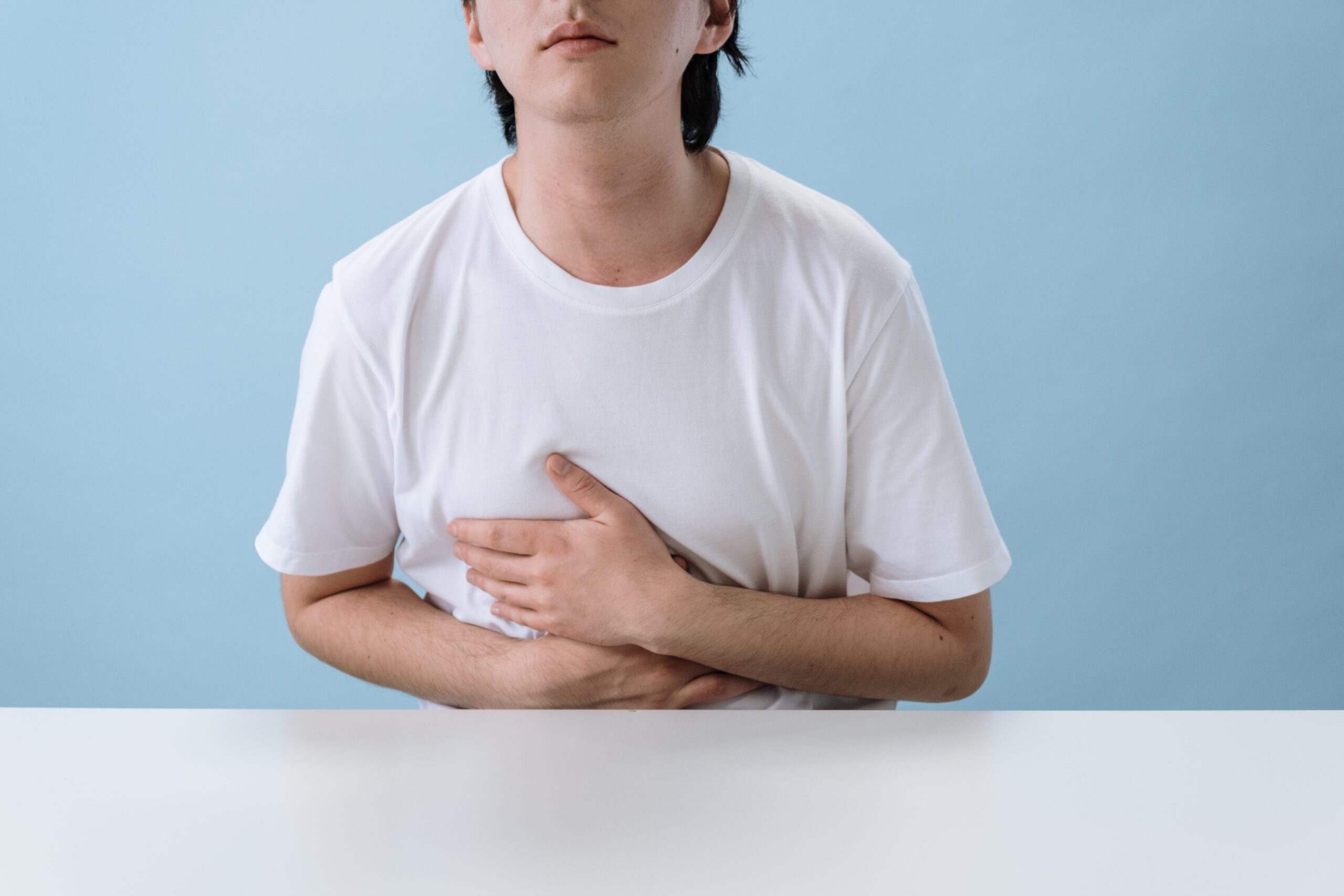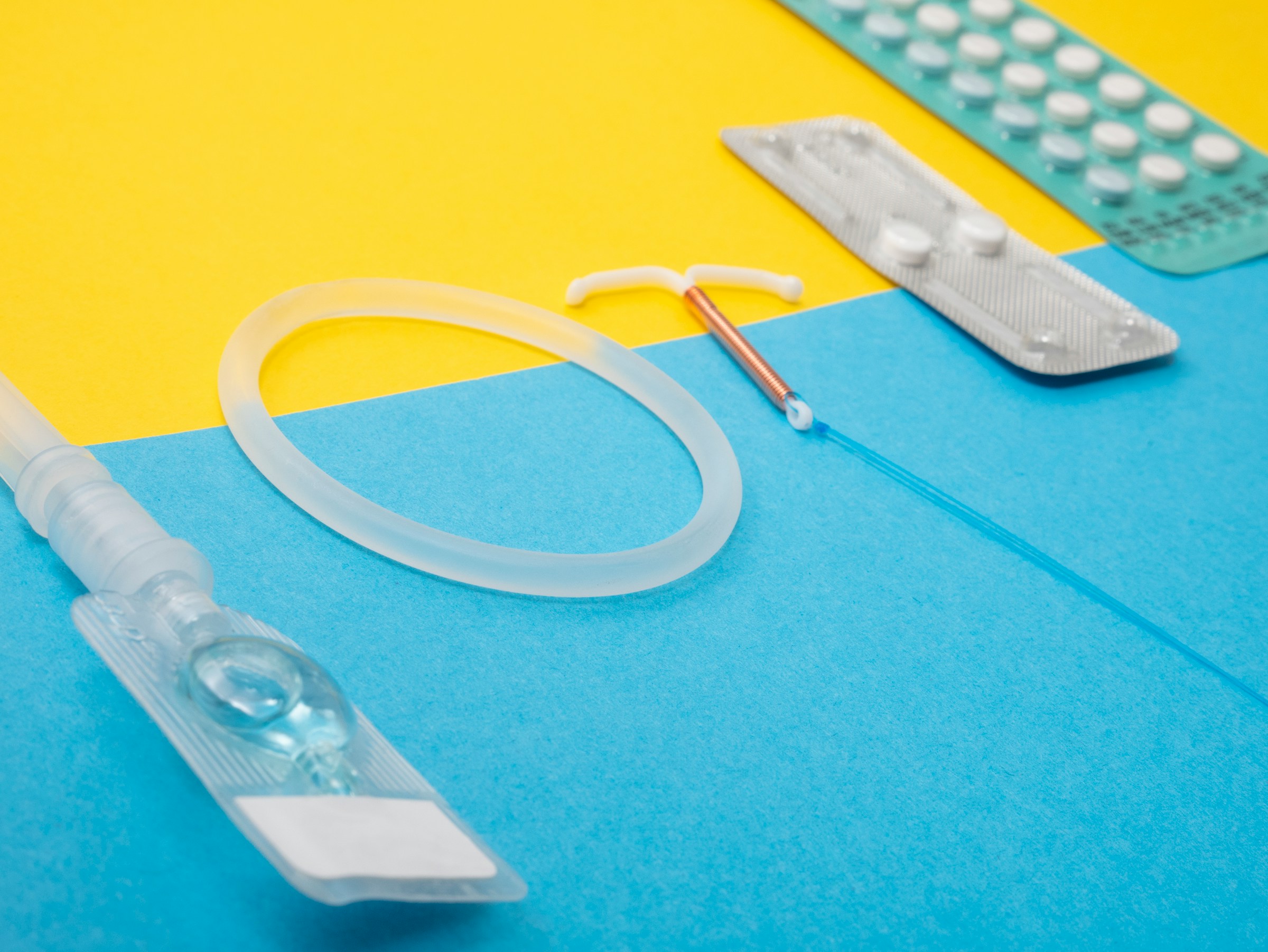Stress can come in many forms; some good, some bad, some unavoidable. Stressors can can be physical, chemical, and emotional/mental. We all understand how too much stress can negatively impact our health, and our ability to manage stress can determine how we act in the world and interpret different situations. There are many strategies to help improve our stress handling capacity, so we respond appropriately no matter what situation we are presented with. Some people exercise, some meditate, some need to make sure they had enough to eat. The majority of the time we are able to change aspects of our life to help us feel more comfortable in stressful situations, so we don’t “fly off the handle” over small inconveniences. Let’s break down the three types of stress and the good and bad forms of each.
Physical Stress
Physical stress can come from injuries, overuse and poor posture, but it can also be due to exercise, or the environment.
Physical injuries can have a wide range of effects on the body even after they have healed. Most injuries will heal on their own and have no impact on your long-term health. Some injuries, however, are “remembered” by the body and continue to cause issues even after the tissue is healed. Many times, people will find that they didn’t have their symptoms until they had some accident, such as a car accident, broken bone, etc… these more traumatic injuries are often the ones that create long term issues, even if they occurred during childhood. This can include purposeful and helpful physical injuries such as surgery. While you may have needed the surgery, the scar left can continue to send signals to respond to the incision made. Luckily there are very simple and gentle techniques that help “reset” these signals being sent that help to resolve the problems that began after that car accident, surgery, or other injury.
A beneficial form of physical stress is exercise. This helps improve nearly every aspect of our health. The easier it is for us to complete our day-to-day tasks the less stressful these become to us. If you get out of breath every time you take the trash out or carry a load of laundry, this will cause more stress overall and you’ll probably want to avoid these more difficult activities. By exercising you stress your body in the short term but decrease stress overall in the long term. Of course, as with anything good, too much can become detrimental. Make sure to listen to your body and start with what you can tolerate. Consider hiring a personal trainer if you need help.
Chemical Stress
This form of stress encompasses food, drinks, scents, soaps, medications, supplements etc…
Knowing what is in your food is one of the best ways to lower your overall stress load. Anything such as pesticides, sugar alcohols, artificial sugars, refined seed oils, hydrogenated oils (trans fats/mono and diglycerides), MSG, and artificial dyes and flavors should be avoided. The effects these ingredients can have on your body is very widespread, anywhere from increasing inflammation to mimicking different hormones or neurotransmitters. Typically, if you are eating a clean diet overall and living a healthy lifestyle you will not see major effects from these substances in small doses in the short term, but long term the effects are likely to catch up with you, so it is best to avoid as much as possible.
Some beneficial forms of chemical stress come in the form of plants, there are certain plant chemicals that cause stress signals that are overall beneficial to our body. There are also medicinal herbs that help address conditions such as infections that are positive when treating an infection but negative if it is not needed. This of course goes for medications as well. Ideally, we use medications for short-term, lifesaving purposes and do not need them long term. Many medications create other negative effects that get addressed with more medications, creating a downward spiral of taking a long list of medications. Finding and naturally correcting the cause of why you need that medication is often a better long-term strategy.
By ensuring we are getting all the nutrients we need through clean high quality, real food, we reduce the overall stress on our body. This improves how we handle the chemical stressors that are unavoidable, such as perfumes or pesticides that others use.
Emotional/Mental Stress
Emotional stressors can impact our physical state and physiology. More often than not you will be able to tolerate higher amounts of this form of stress if you have your physical and chemical health in a good place. You use a lot of vitamins and minerals to break down stress hormones and heal from physical traumas. If deficient in some of these nutritional factors, your ability to break down these stress hormones may be decreased. This can result in increased irritability, anxiety, depression, and overall increase in perceived stress. A high amount of chronic stress can also create an imbalance in your steroid hormones (progesterone, estrogen, and testosterone), this is known as the pregnenolone steal and creates symptoms of hormone imbalance, such as, PMS, abnormal cycles or periods, etc… because you are making cortisol instead of other hormones.
There are times when the emotional stress is the cause of the physical or chemical imbalances and symptoms. In these cases, it is best to identify what the specific stressor is and address it with your counselor, therapist, journal, etc… There are techniques we use in office to help you discover the specific emotion and negate the physiological response that you have to that stress. Without addressing this stress, however, the physiologic effects will typically continue to occur.
A type of emotional stressor that can be beneficial is in the form of discipline. It may be difficult to start doing the things that we know we should be doing, exercising, avoiding that food you know you shouldn’t eat, or cutting ties with a toxic relationship, but the long-term benefits are worth the short-term stress. This works like a muscle and becomes easier the more we do it. Start with simple little things that you’ve put off, like cleaning your room, or even just organizing one drawer. Small steps in a positive direction snowball into big changes in your life. Think about how much better and calmer you feel when you have an organized workspace and living space, let that motivate you to do those things you’ve been putting off.
Conclusion
Reduce physical stress through exercise, chemical stress with high quality nutrition, and emotional stress through journaling, meditation, or counseling. Applied Kinesiology addresses all 3 of these aspects of health to help bring balance to your health through natural and holistic care.















Leave a Reply
You must be logged in to post a comment.